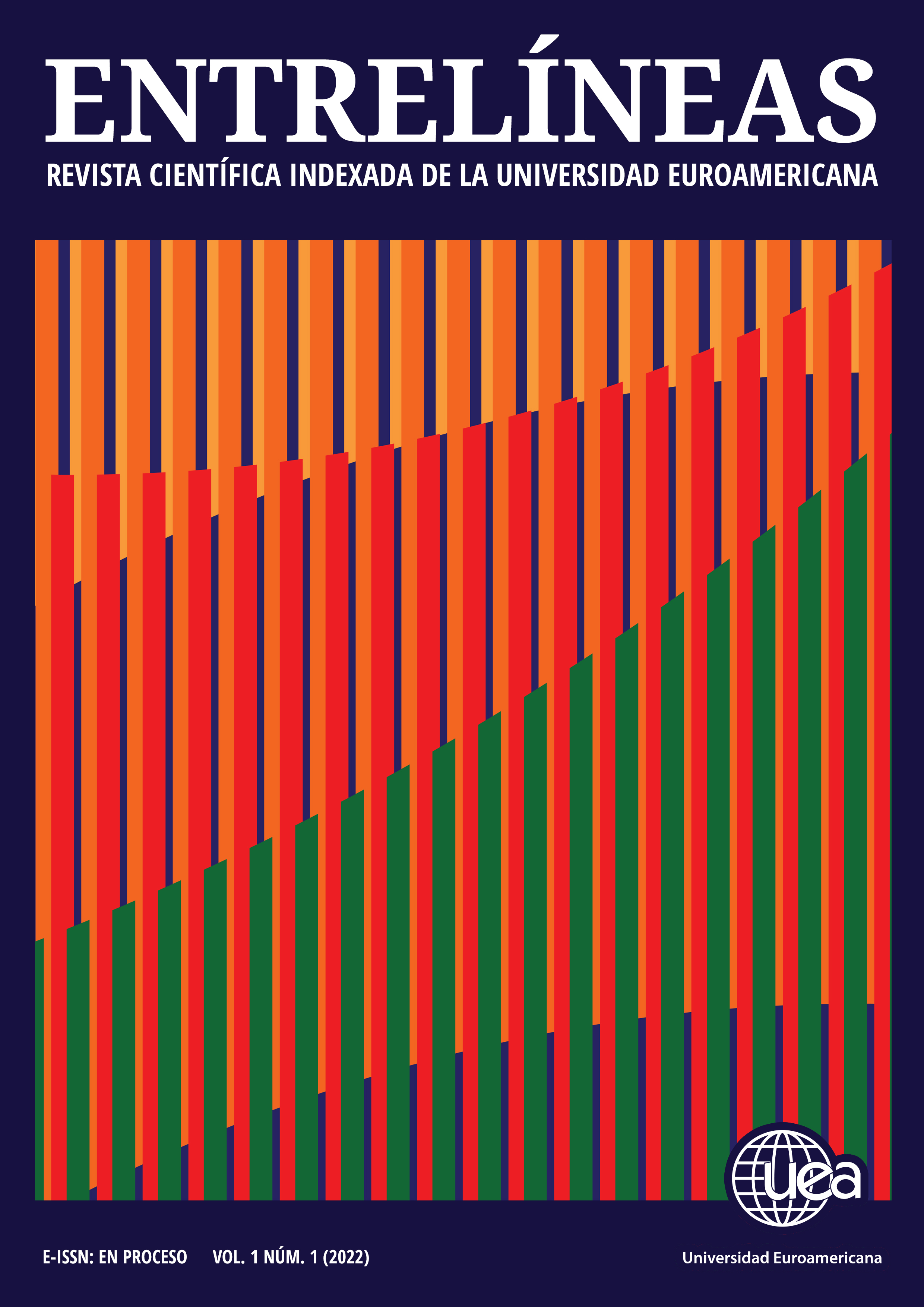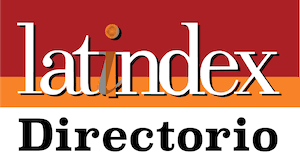University innovation management
DOI:
https://doi.org/10.56368/Entrelineas112Keywords:
management, innovation, innovatiable, universityAbstract
Universities are called to offer answers to the complexities of the contemporary world, with significant contributions to the development of countries in terms of overcoming inequalities, poverty, and exclusion; together with the rational use of resources that guarantees human survival in sustainability with the environment. Innovation is one of the central characteristics in the training profiles, with a view to increasing the capacity of universities to generate solutions to local problems, and a feature that enhances the employability of graduates. Within the framework of experiences for the formation of innovative skills in university students, the study presents the results of an investigation under the paradigm of reflexivity, with the aim of representing in a management model the actions carried out by a commission in charge of the promotion of innovation in a university in Venezuela, during 1998 - 2015. From the recovery of documentary sources, interviews and participant observations, the members analyzed, collated, and synthesized the historical memory of the commission, elaborating the Management Model of the University innovation. The axes, processes and values that enable the virtuous confluence of articulated capacities and attitudes, of organizations, people, and systems, to generate innovations are described. The model provides good practices of high applicability and transfer for the promotion of a culture of innovation in universities.
Downloads
References
Amabile, T. M. (1998) “How to Kill Creativity.” Harvard Business Review 76, no. 5 (September- October 1998): 76–87.
Asociación Civil Eureka. (2008). Eureka el encuentro genial. Editorial Gráficas Acea.
Banco Interamericano de Desarrollo, BID (2021). Los bootcamp llegaron a América Latina https://www.iadb.org/es/mejorandovidas/los-bootcamps-llegaron-america-latina
Barnes y Conti – Centrim. (2009). Gestión de la Innovación. Cómo optimizar el poder de las nuevas ideas. Universidad de Brighton.
De Bono, E. (1998). El Pensamiento Lateral: Manual de Creatividad. Paidos Plural.
Bustamante, S, y Pérez, I. (2005) Capacidad innovativa y organizaciones generadoras de conocimiento. Omnia, 11 (1).
Castro-Martínez, E. y Sutz, J. (2010) Universidad, conocimiento e innovación. En Ciencia, tecnología y universidad en Latinoamérica. Organización de Estado Iberoamericanos. Eudeba.
Cornejo, M y Muñoz, E. (2009). Percepción de la innovación: cultura de la innovación y capacidad innovadora. Pensamiento Latinoamericano. 5, 121-148.
Gibbons, M. (2002). The new production of knowledge. Sage publication.
Inciarte, A., Parra-Sandoval, M., Bozo, A. (2010). Reconceptualización de la Universidad. Una mirada desde América Latina. IDRC/ Universidad del Zulia, Ediciones Astrodata.
Marcano, D., Rojas, L., Di Fiore, M. E., Carrasco, M., y Mosello, S. (2013). Gestión de la innovatividad e indicadores de innovación en estudiantes universitarios. Revista Investigaciones Científicas Unermb. Volumen, 4, 105.
Molas-Gallart, J.; Castro-Martínez, E. (2007). Ambiguity and conflict in the development of "Third Mission" indicators. Research Evaluation, 16, 321- 330.
Pakman, M. (Comp) (1996) Construcciones de la experiencia humana. Volumen 1. Editorial Gedisa.
Piovani, J. I. (2018). Reflexividad en el proceso de investigación social: entre el diseño y la práctica (Pp. 74-92). En Piovani, J. I. y Muñiz Terra, L (coord). ¿Condenados a la reflexividad? Apuntes para repensar el proceso de investigación social. CLACSO/ BIBLOS.
Rodríguez, M. (1993) Manual de Creatividad. Los procesos psíquicos y el desarrollo. Trillas.
Santos, B. (2005) La universidad en el siglo XXI. Para una reforma democrática y emancipadora de la universidad. Universidad Autónoma, Centro de Investigaciones Interdisciplinarias en Ciencias y Humanidades.
Vila, L., Dávila, D., y Mora, J (2010) Competencias para la innovación en las universidades de América Latina: un análisis empírico. Revista Iberoamericana de Educación Superior N° 1 Vol. 1.
Downloads
Published
Issue
Section
License

This work is licensed under a Creative Commons Attribution-NonCommercial 4.0 International License.
You are free to:
- Share — copy and redistribute the material in any medium or format
- Adapt — remix, transform, and build upon the material
- The licensor cannot revoke these freedoms as long as you follow the license terms.
Under the following terms:
- Attribution — You must give appropriate credit , provide a link to the license, and indicate if changes were made . You may do so in any reasonable manner, but not in any way that suggests the licensor endorses you or your use.
- NonCommercial — You may not use the material for commercial purposes .
- No additional restrictions — You may not apply legal terms or technological measures that legally restrict others from doing anything the license permits.









